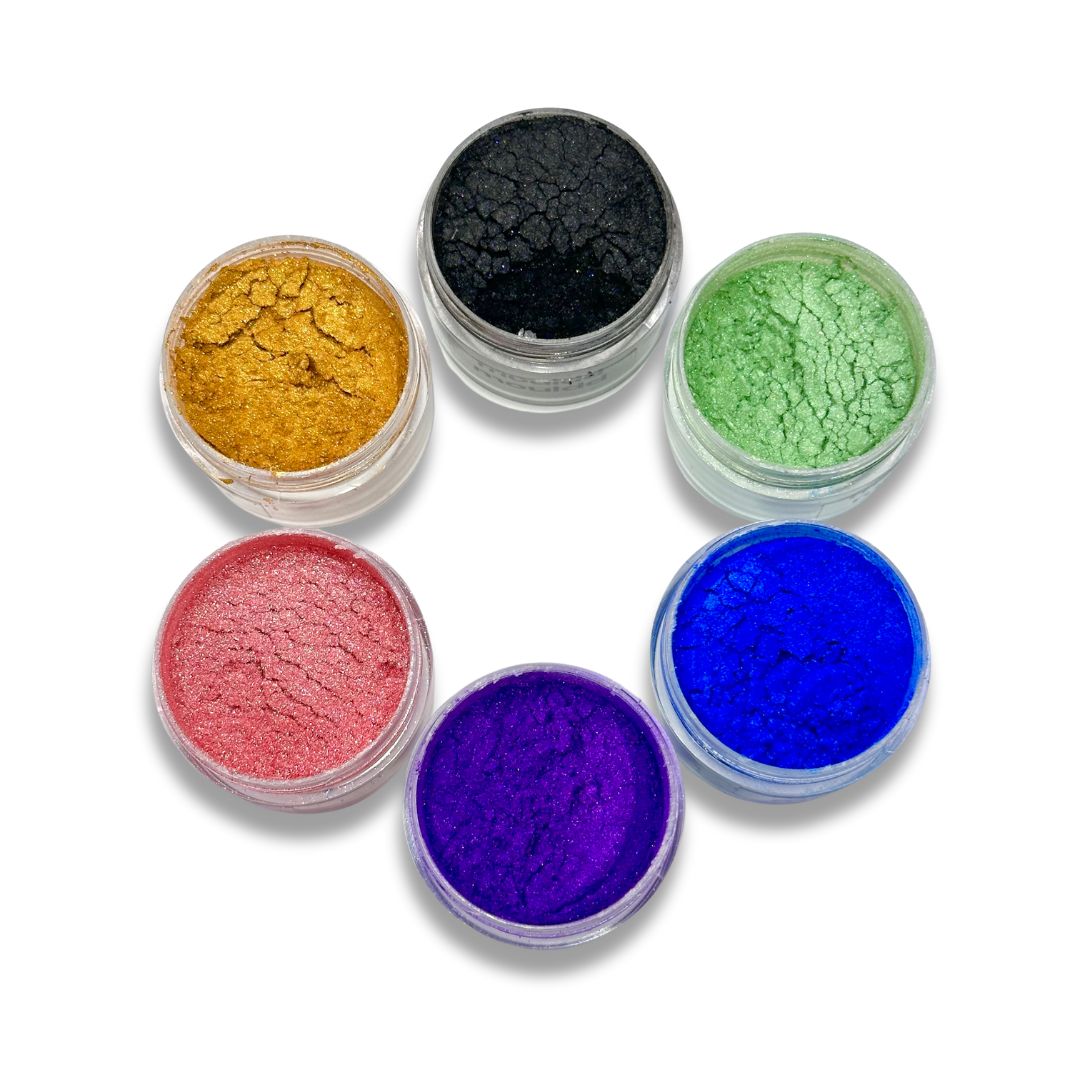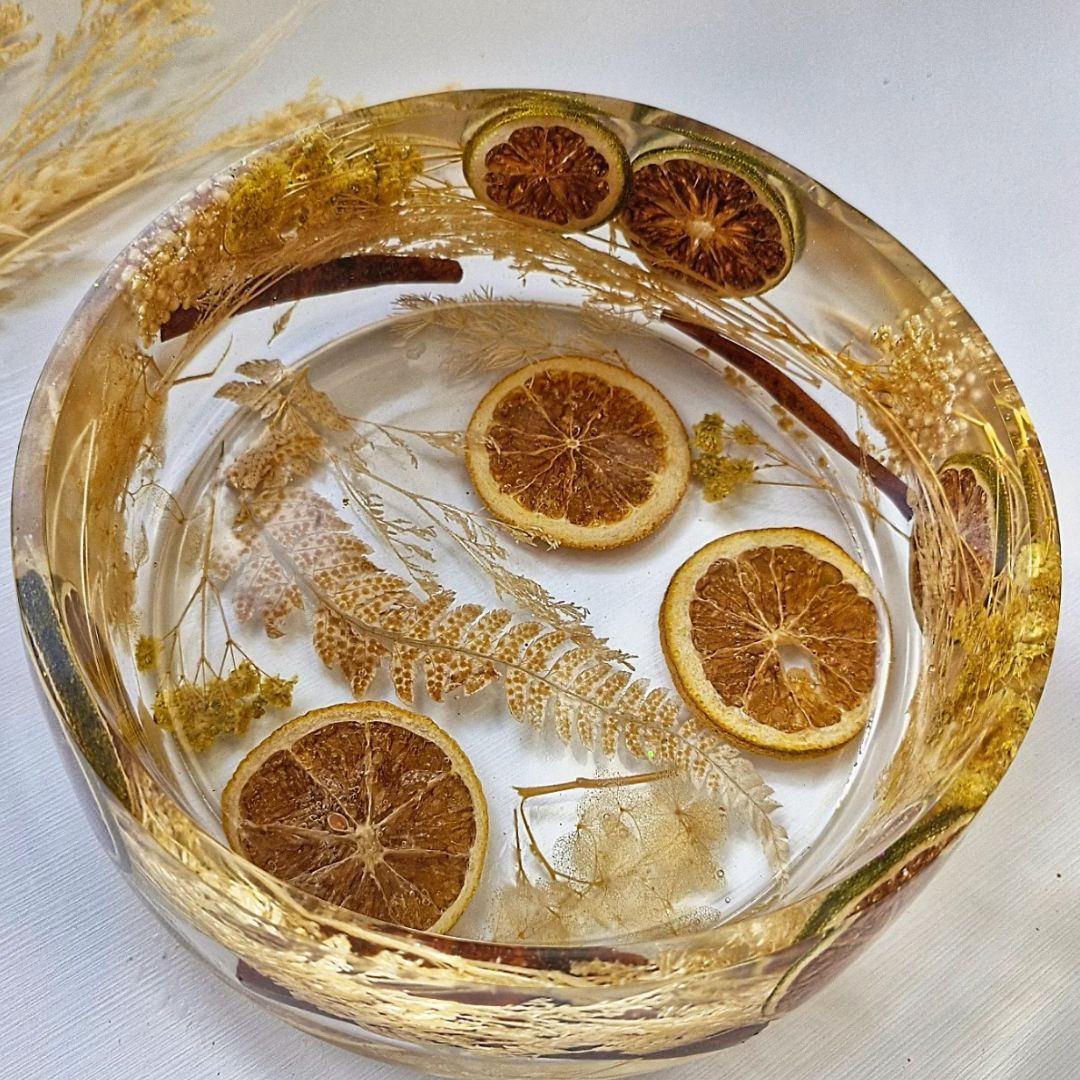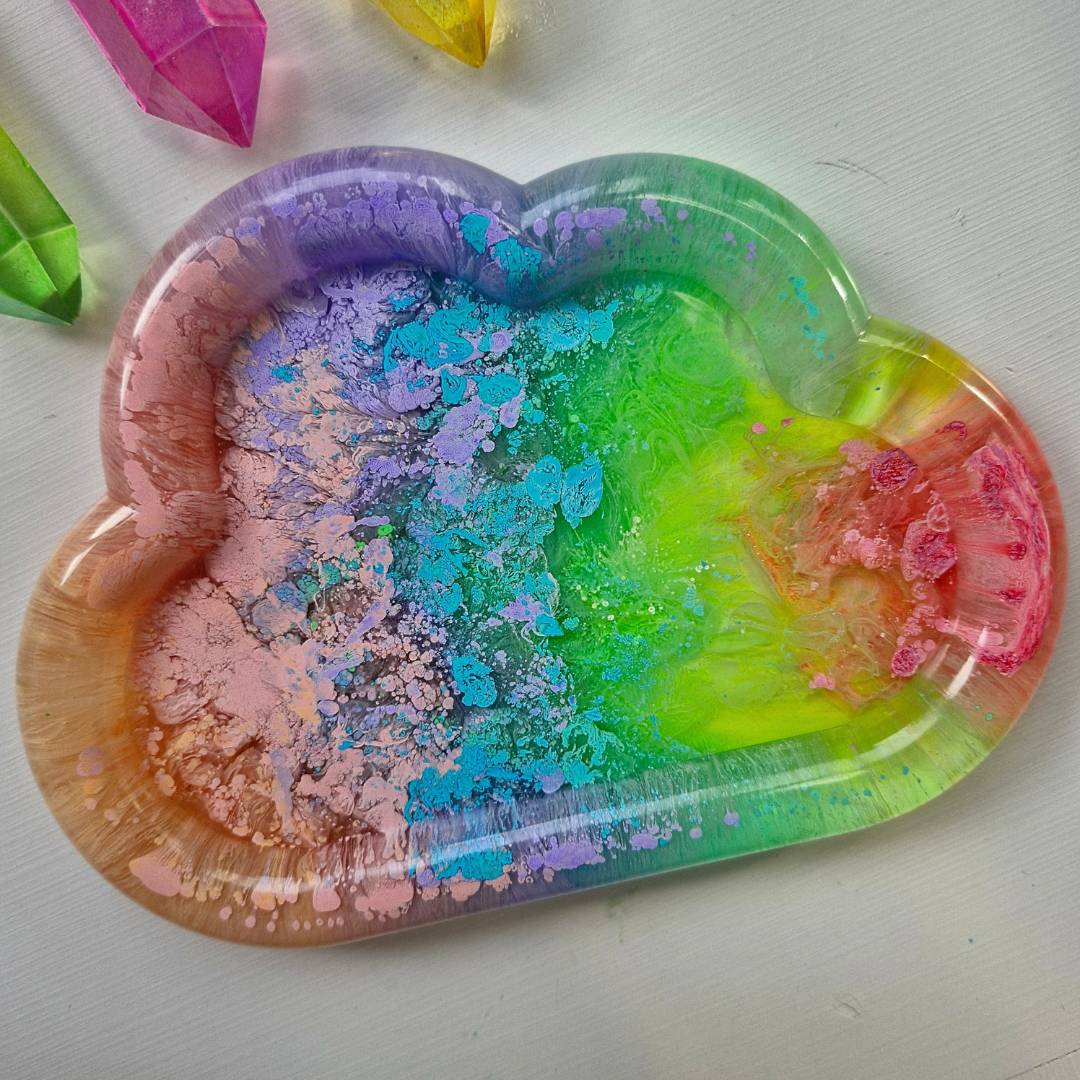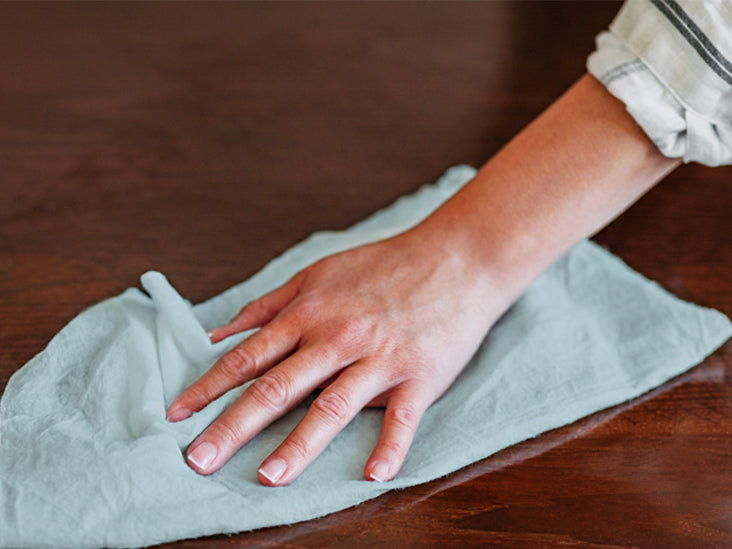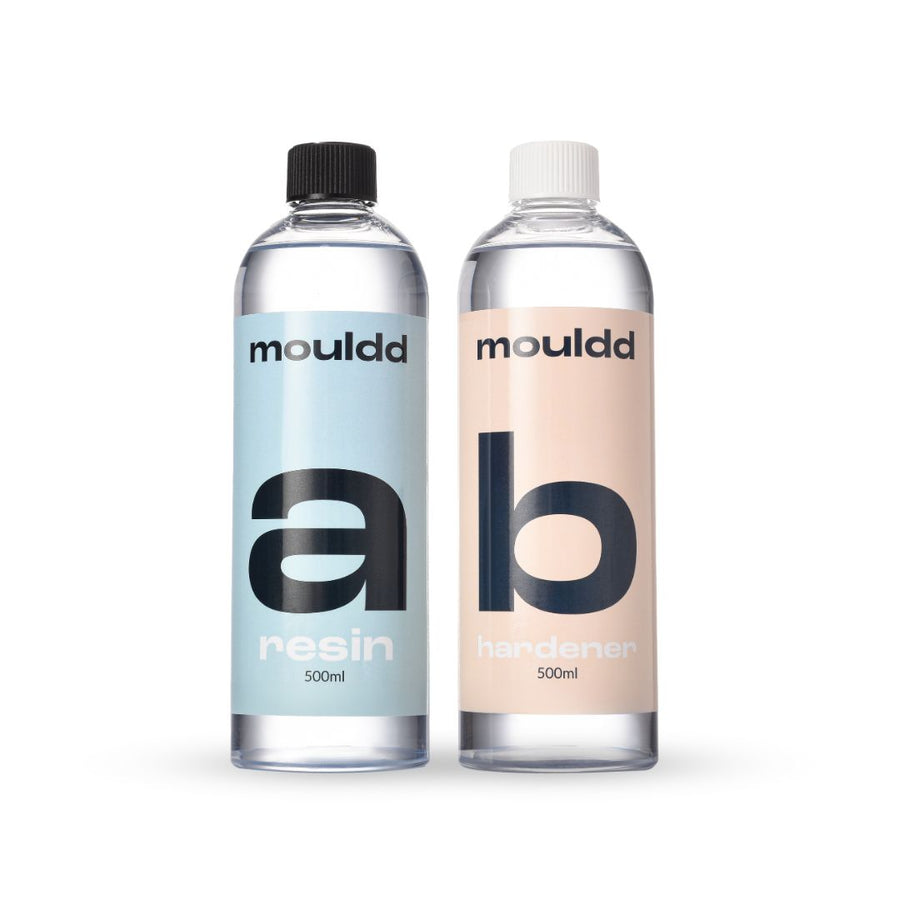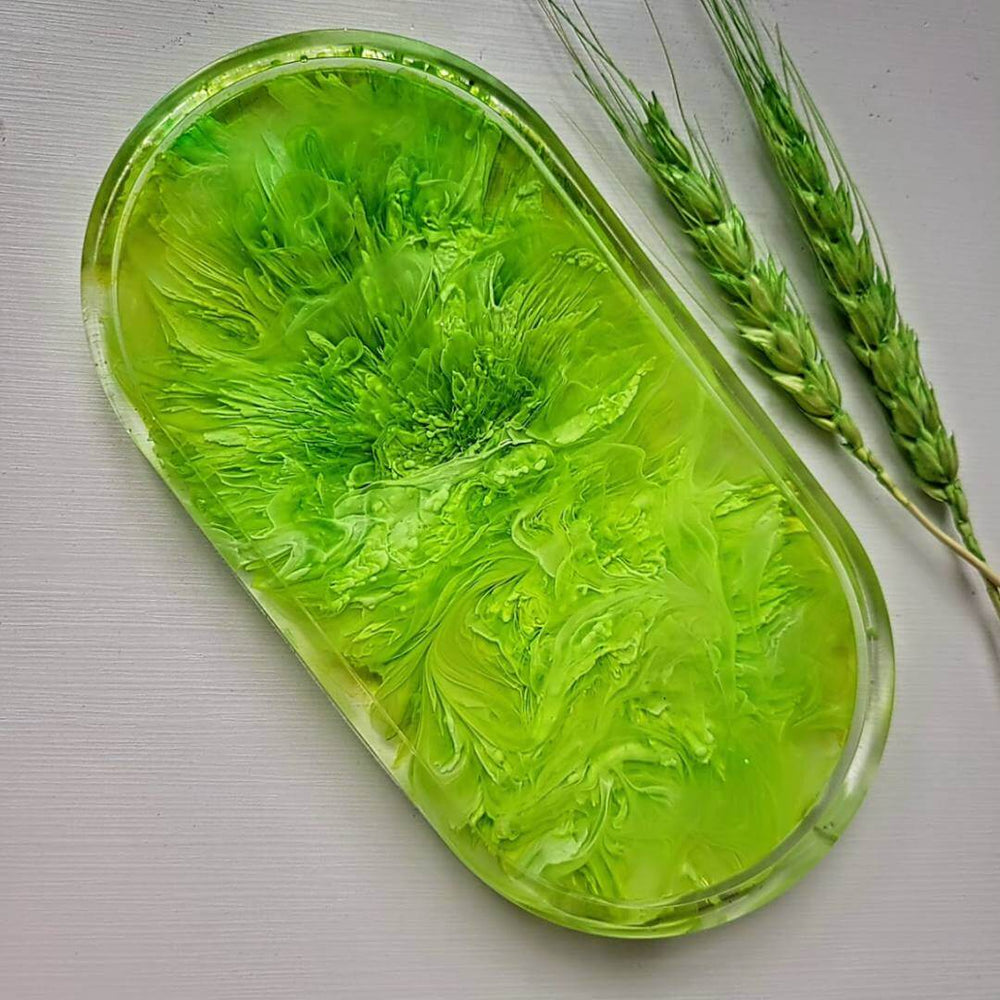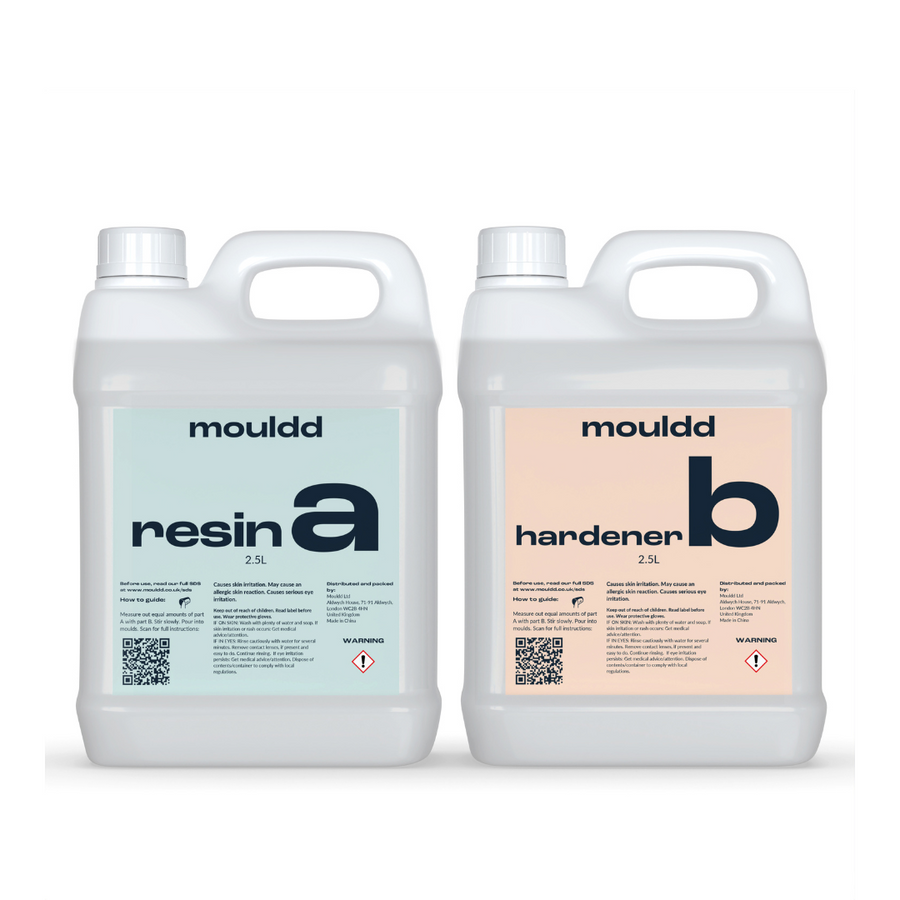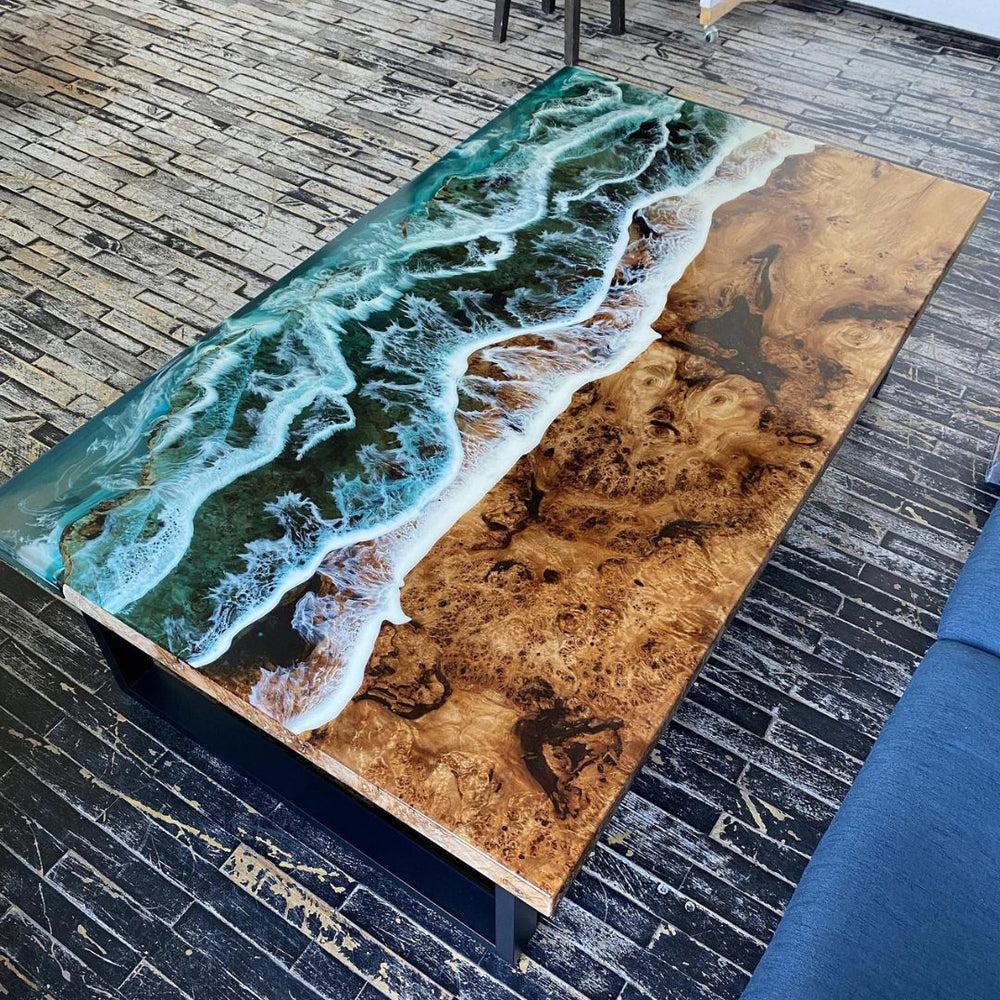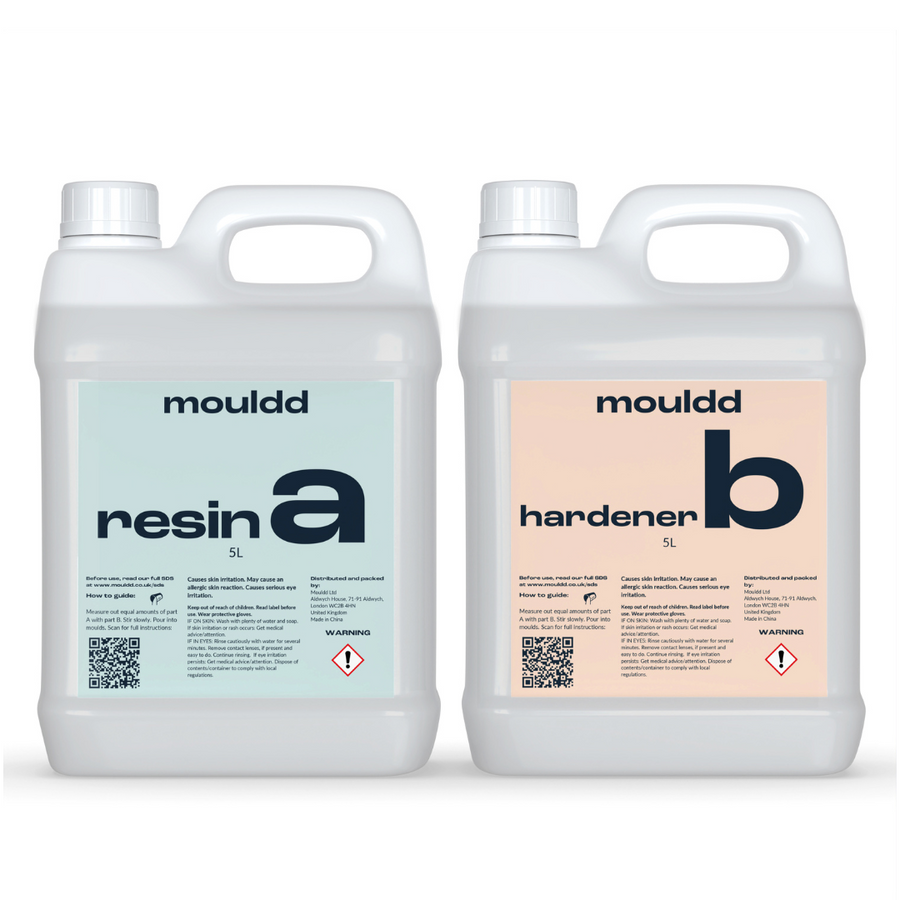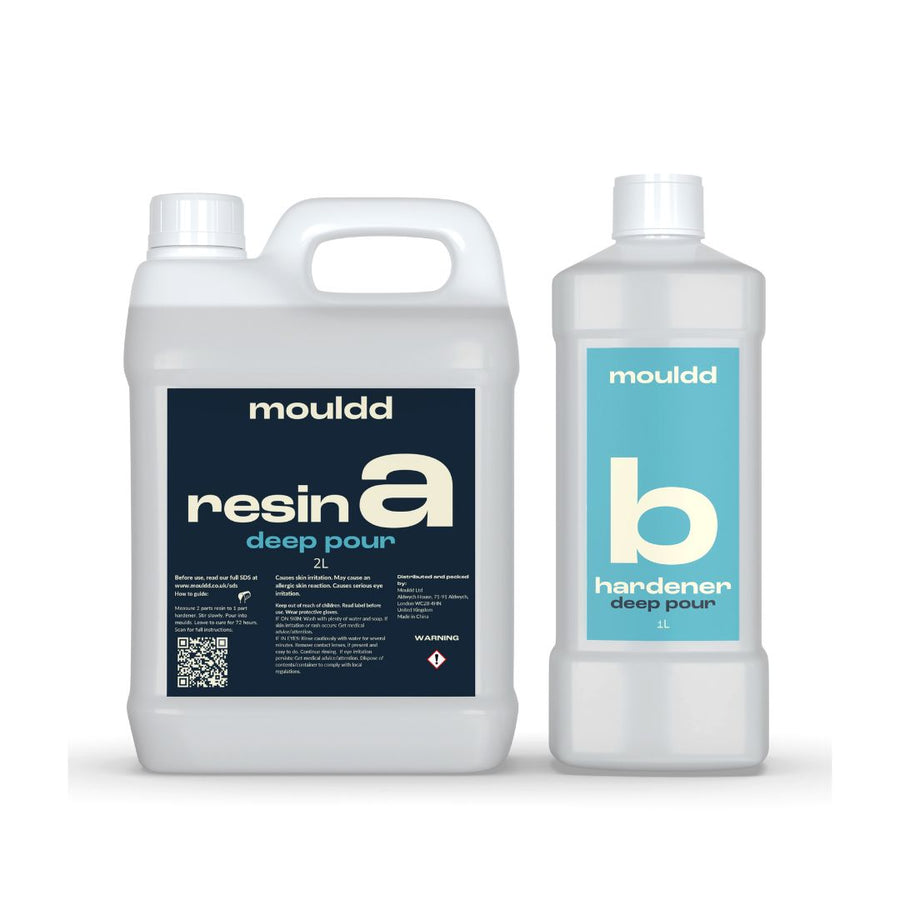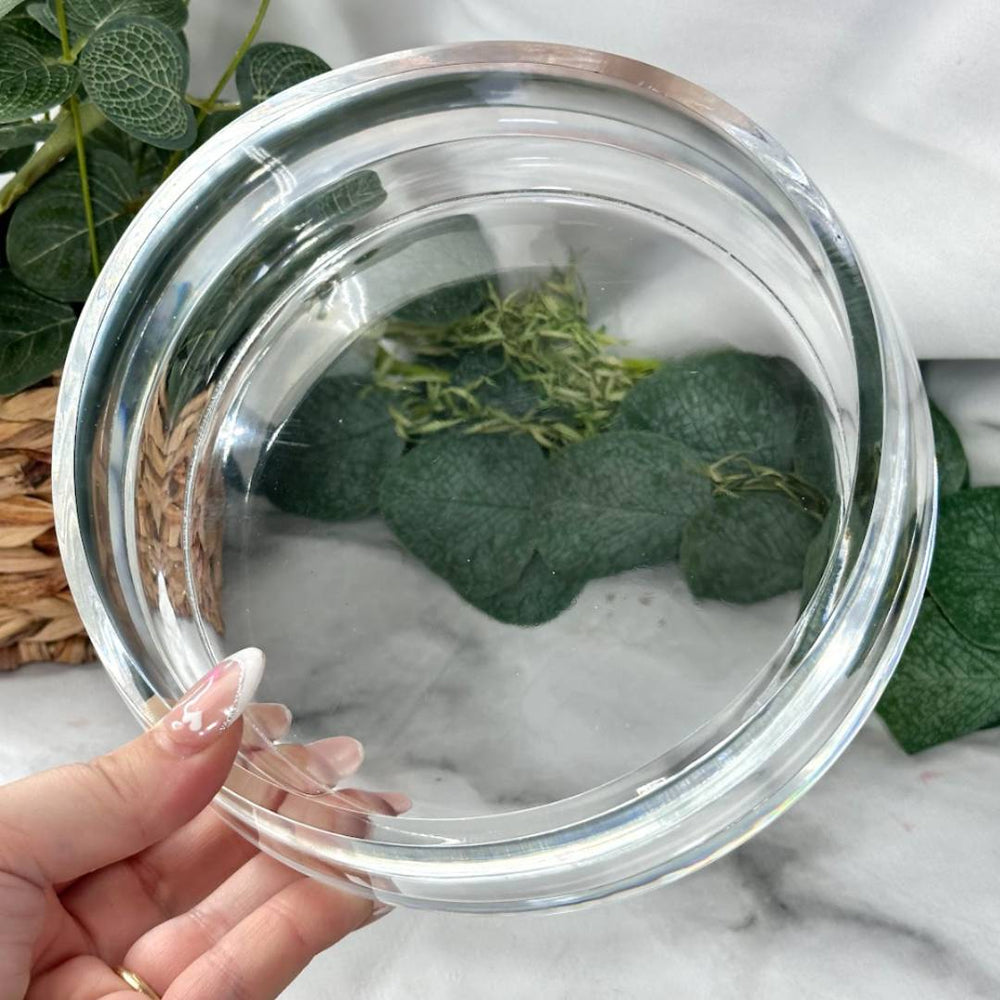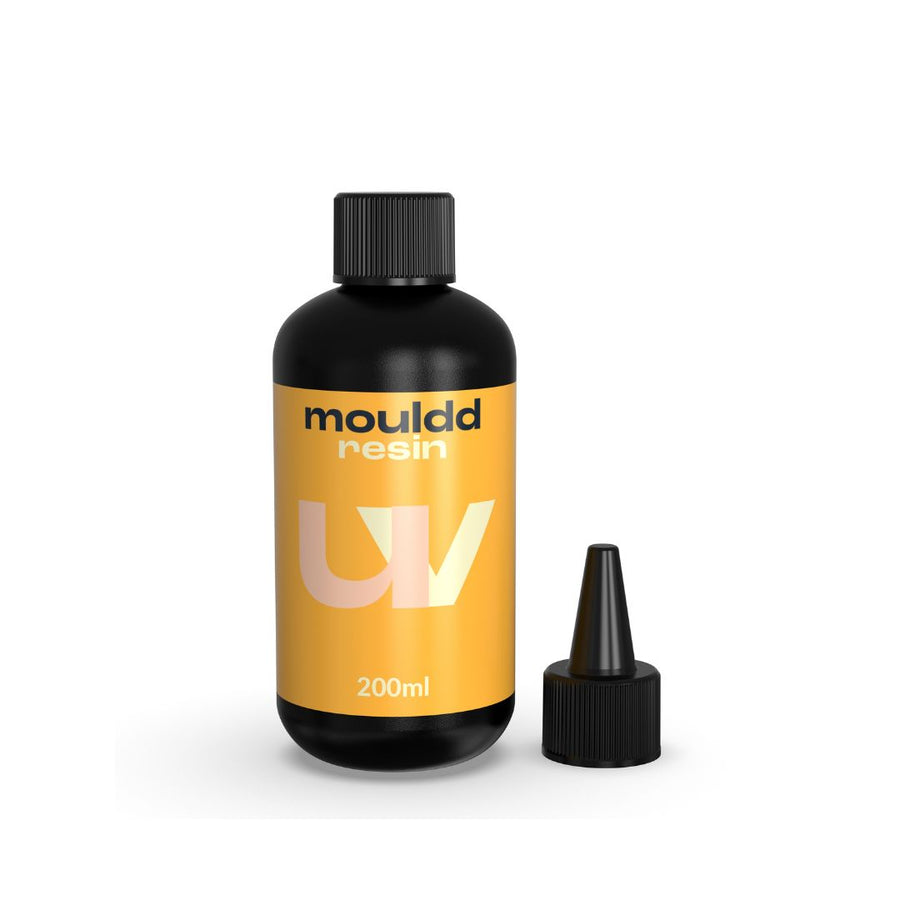How long does resin take to cure?
If you're working with resin, you're probably wondering how long it takes to cure. Resin curing time can vary depending on the type of resin you're using, the temperature and humidity in your workspace, and the size and complexity of your project. In this blog, we'll explore the different factors that can affect resin curing time and give you some tips on how to speed up the process.
What is Resin Curing?
Resin curing is the process of hardening liquid resin into a solid state. The curing process is essential to the success of your project, as it determines the final strength and durability of your resin piece. Resin curing is a chemical reaction that occurs when two components, usually resin and hardener, are mixed together. The reaction causes the liquid resin to transform into a solid polymer.
Factors That Affect Resin Curing Time
There are several factors that can affect resin curing time, including:
1. Type of Resin: There are many different types of resin available, and each has its own curing time. Mouldd resin takes 24 hours to cure and 7 days to become fully heat resistant.
2. Temperature: Temperature plays a significant role in resin curing time. Resin cures faster in warmer temperatures and slower in cooler temperatures. Ideal temperature for curing is between 21-27°C (70-80°F).
3. Humidity: Humidity can also affect resin curing time. High humidity can slow down the curing process, while low humidity can speed it up.
4. Thickness of the Resin Layer: The thicker the layer of resin, the longer it will take to cure. A thin layer of resin may only take a few hours to cure, while a thick layer may take several days.
Tips for Speeding up Resin Curing Time
If you're in a hurry to finish your resin project, there are a few things you can do to speed up the curing process:
1. Increase the Temperature: As mentioned earlier, warmer temperatures can speed up the curing process. You can use a heat lamp, a space heater or a warm water bath to increase the temperature in your workspace.
2. Decrease Humidity: If you're working in a high humidity environment, use a dehumidifier to reduce humidity levels.
3. Apply Thin Layers: To reduce curing time, apply thin layers of resin. Multiple thin layers can be applied, allowing each layer to cure before applying the next one.
4. Mix the Resin and Hardener Correctly: Make sure to follow the instructions for mixing resin and hardener. Proper mixing can help ensure a smooth and even cure.
In conclusion, the curing time of resin varies depending on several factors such as the type of resin, temperature, humidity, thickness of the resin layer, and type of hardener used. To speed up the process, it is recommended to increase the temperature, decrease humidity, apply thin layers, and mix the resin and hardener correctly. By following these tips, you can achieve a successful and timely cure for your resin projects.
What is Resin Curing?
Resin curing is the process of hardening liquid resin into a solid state. The curing process is essential to the success of your project, as it determines the final strength and durability of your resin piece. Resin curing is a chemical reaction that occurs when two components, usually resin and hardener, are mixed together. The reaction causes the liquid resin to transform into a solid polymer.
Factors That Affect Resin Curing Time
There are several factors that can affect resin curing time, including:
1. Type of Resin: There are many different types of resin available, and each has its own curing time. Mouldd resin takes 24 hours to cure and 7 days to become fully heat resistant.
2. Temperature: Temperature plays a significant role in resin curing time. Resin cures faster in warmer temperatures and slower in cooler temperatures. Ideal temperature for curing is between 21-27°C (70-80°F).
3. Humidity: Humidity can also affect resin curing time. High humidity can slow down the curing process, while low humidity can speed it up.
4. Thickness of the Resin Layer: The thicker the layer of resin, the longer it will take to cure. A thin layer of resin may only take a few hours to cure, while a thick layer may take several days.
Tips for Speeding up Resin Curing Time
If you're in a hurry to finish your resin project, there are a few things you can do to speed up the curing process:
1. Increase the Temperature: As mentioned earlier, warmer temperatures can speed up the curing process. You can use a heat lamp, a space heater or a warm water bath to increase the temperature in your workspace.
2. Decrease Humidity: If you're working in a high humidity environment, use a dehumidifier to reduce humidity levels.
3. Apply Thin Layers: To reduce curing time, apply thin layers of resin. Multiple thin layers can be applied, allowing each layer to cure before applying the next one.
4. Mix the Resin and Hardener Correctly: Make sure to follow the instructions for mixing resin and hardener. Proper mixing can help ensure a smooth and even cure.
In conclusion, the curing time of resin varies depending on several factors such as the type of resin, temperature, humidity, thickness of the resin layer, and type of hardener used. To speed up the process, it is recommended to increase the temperature, decrease humidity, apply thin layers, and mix the resin and hardener correctly. By following these tips, you can achieve a successful and timely cure for your resin projects.



